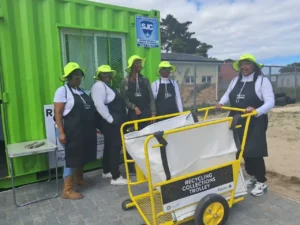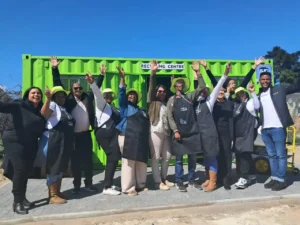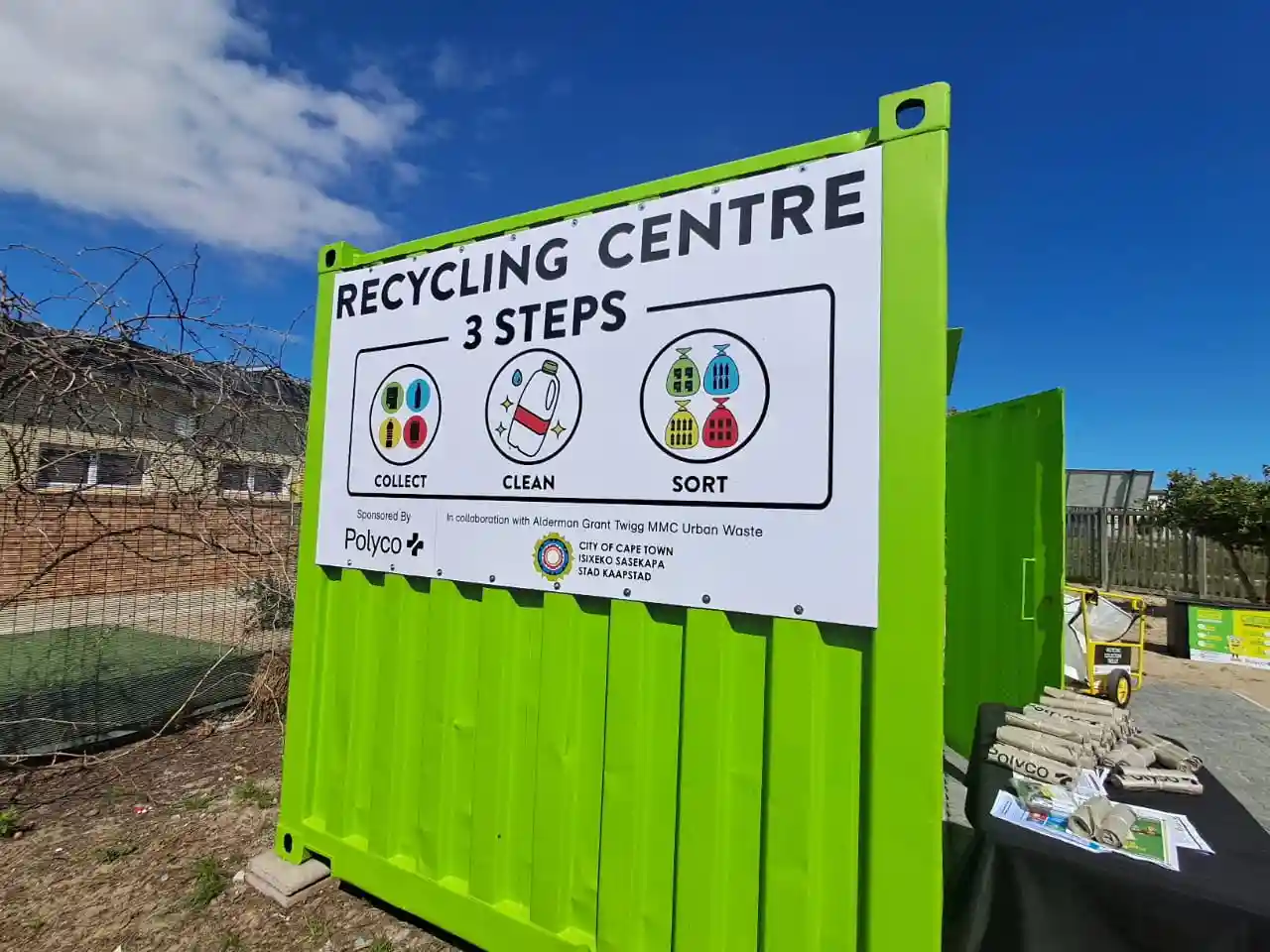The City of Cape Town has launched a series of innovative, community-led waste minimisation and recycling pilot projects in vulnerable communities. This marks Clean-up and Recycling Week SA 2025.
Reportedly, this initiative is spearheaded by the Member of the Mayoral Committee for Urban Waste Management – Alderman Grant Twigg. The households are generating most of the waste, from many areas, especially from the informal settlements, that lacks effective recycling or separation-at-source options.
These new pilots aim to fill the gap by empowering communities to lead their own recycling efforts. The local volunteers will drive the projects by conducting door-to-door collection of recyclables and running education campaigns to promote waste minimisation.

However, the pilots have made possible partnerships with local communities and Producer Responsibility Organisations (PROs). There are two PRO’s, who are part of these projects, indeed.
The Two Producer Responsibility Organisation (PROs) are Polyco and Metpac, who are supporting the pilots in various ways, such as:
- By supplying PPE and collection bags.
- By connecting projects to recyclers and material buyers.
- By providing training, technical support and infrastructure.
- Also, by reporting monthly on the volume of waste diverted.

Considering this, MMC for Urban Waste Management – Alderman Grant Twigg said that this is an inspiring example of how the City of Cape Town, its communities, and private sectors are working together to build a cleaner, greener and more sustainable neighbourhoods.
According to Twigg, these projects will reduce landfills waste, by creating income opportunities and supporting entrepreneurship at the local level. He explained that such partnerships are essential for building long-term and community-driven recycling systems.
Twigg encouraged that the local businesses to get involved by offering prizes and incentives to further boost their participation and growth. The residents of Cape Town are also requested to support the initiative by cooperating with volunteers. Along with this, they are also embracing the separation at source as part of their daily routine.

